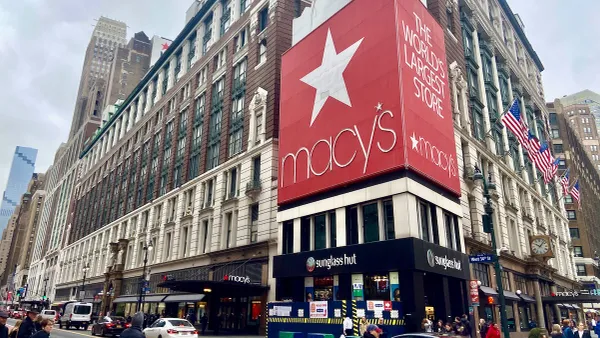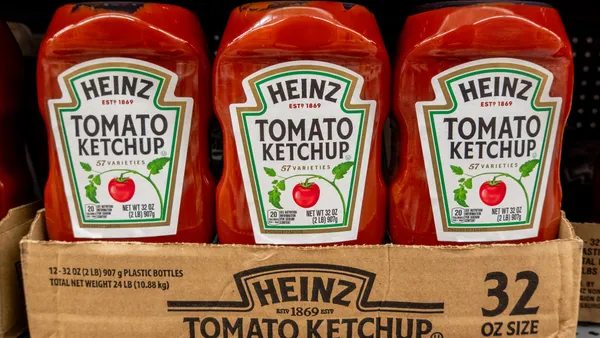Dive Brief:
- The ERP Cybersecurity Survey of 2017 conducted by Crowd Research Partners and ERPScan reveals that the fallout from cyber fraud or cybersecurity breaches can well exceed $5 million, and extend over $10 million, The Web Host Industry Review reported last week.
- Roughly 89% of cybersecurity professionals expect an increase in attacks. However, one third of 2,000 surveyed companies do not intend to increase protection this year.
- In terms of priorities, roughly 72% of survey respondents said their main area of concern is protecting customer data, while 66% seek to protect employee data, and 54% aim to protect company emails.
Dive Insight:
In May, researchers discovered a vulnerability that would allow hackers to infect the IT network of a major manufacturer, access a robot's software and force it to misalign the welding pattern of car chassis, resulting in casualties and a vehicle recall. Though just a scenario, this is hardly the only option available to hackers, though it does reveal how manufacturing has now become the second most hack-attacked industry.
While most attacks are aimed at financial gain rather than company infrastructure, manufacturing has become an appealing victim thanks to scale. In 2015, Forbes reports a Trojan horse known as “Duuzer” stole confidential records from numerous South Korean manufacturers. Then, of course, even greater scale was achieved with the Wannacry ransomware attack, which infected 57 thousand computers in at least 100 countries, disrupting operations everywhere.
Corporate holdouts deceiving themselves about ERP vulnerability are playing a dangerous game.
Not only are damages extremely costly to address, but should customer data be targeted, public outcry is likely to have an effect on the bottom line, as it did when Target was hacked in 2014. While the big box seller may not have lost too many customers, what it did lose was shopper confidence in the Bullseye's ability to protect them. The ensuing consumer hesitance to use credit with the company ended up costing it $162 million. That's a lot of hack to swallow.
In other words, cybersecurity is not only important for data protection purposes, but has become a key factor in consumer trust. Meanwhile, the lack of security can cost companies millions in the best of cases, and hundreds of millions in the worst.














